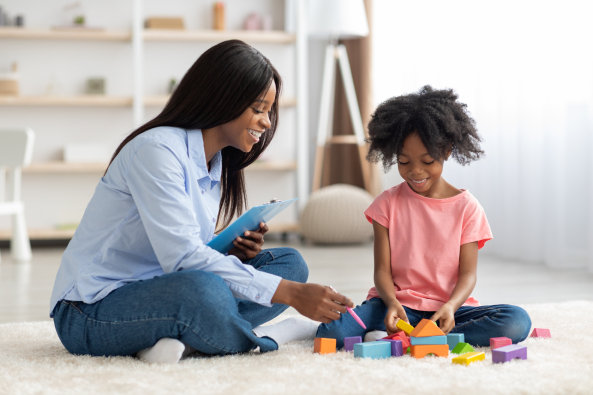Understanding ADHD in Children: Signs, Causes, and Therapy Options
It's not easy being a parent, especially when you have to deal with the unique challenges of having a child with ADHD. We understand your concerns and are here to help you by providing an...





